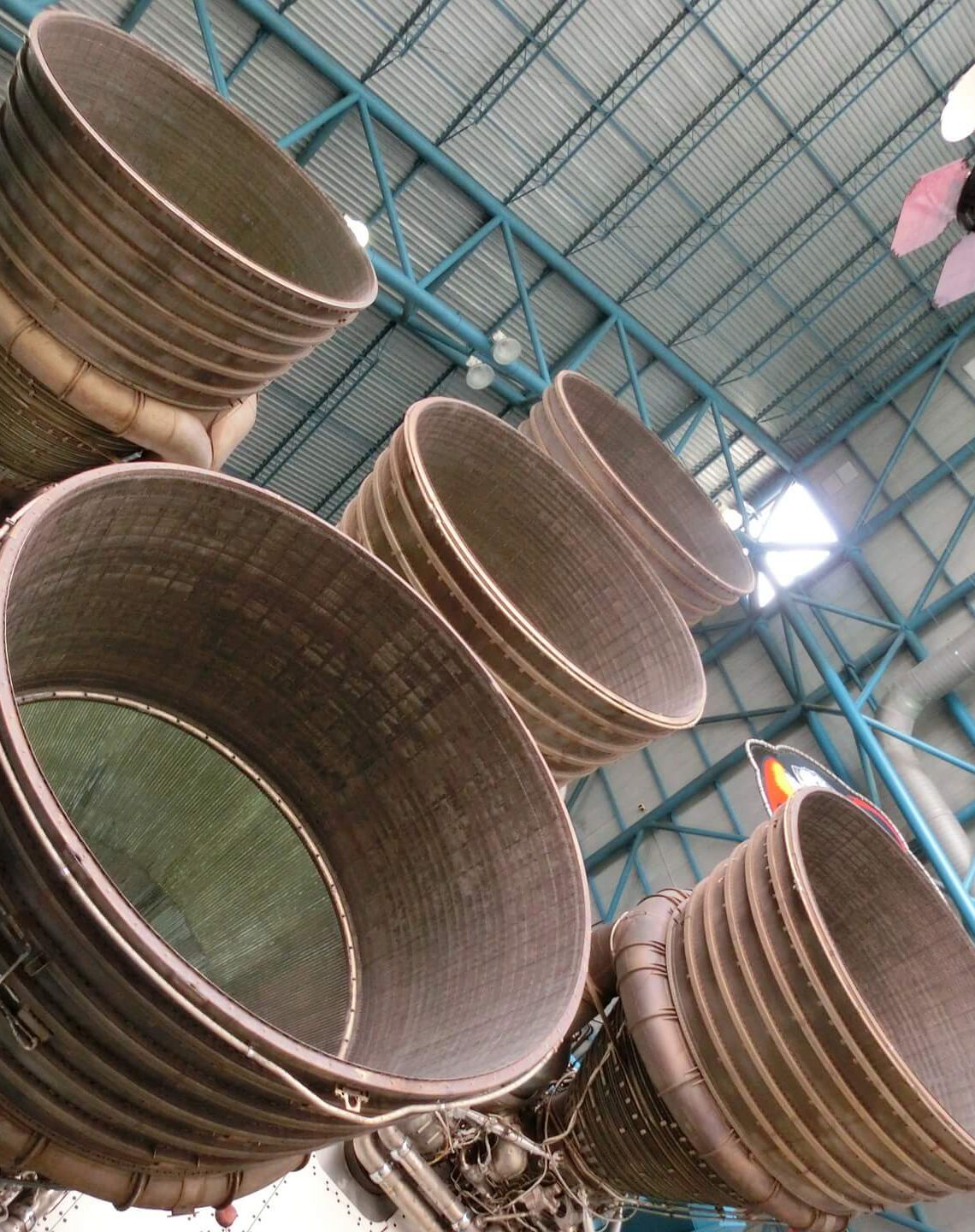Become the link between scientific discovery and innovative, real world solutions.
Engineering is the link between scientific discovery and innovative technological solutions to real-world problems. Engineers are concerned with a wide range of technologies, products and services including design, development, maintenance, and use of engines, machines, systems and structures.
The interactive map below shows three different pathways that highlight the steps taken by real professionals in that field.
Deciding which Engineering specialisation to work toward may be easier than you think. Whether you want to develop innovative technologies, design the cars or planes of the future, manage huge construction projects or improve renewable energy sources, you can do it with Engineering.
The following specialisations include information about what sort of work is involved, a range of related jobs, the type of skills you might expect to come out of an Engineering profession.
Click on each image to find out more about the relevant specialisation
To become an Engineer, the first step is Undergraduate Study. Whether going straight from school into a Bachelor’s degree, or double-degree, or taking up a one year Diploma as a pathway into second year of university, there are many choices when it comes to taking the first step into your Engineering journey.
Want to see a list of all current Undergraduate study options in Australia?
Honours Programs
Engineering Honours programs are typically completed in the final year or semester of a Bachelor’s degree.
Almost all undergraduate Engineering degrees include an honours component, conditional of maintaining a certain grade.
The most common pathway out of an undergraduate Engineering degree is a graduate position at an engineering firm. Nonetheless, it can be increasingly harder to find graduate positions, as more and more people are graduating with Bachelor degrees.
For those who want to gain a competitive edge over others in their engineering specialisation, and open up a wider range of employment opportunities, as well as higher median salaries, a Postgraduate degree is a great way of doing so.
Once you have completed undergraduate and/or postgraduate studies in Engineering, you may wish to consider additional certification by becoming a Registered Professional Engineer (RPEng) or a Chartered Professional Engineer (CPEng).
According to Engineers Australia, the RPEng title is a public demonstration that an engineer is qualified, competent and ethical – that you’re actually a professional engineer.
Similarly, an CPEng title demonstrates global recognition of being a professional engineer, as well recognition by the community, industry and Government.
There are many benefits associated with registering as an Engineering Professional, including Technical resources, Continuing Professional Development, Networking and events, and more.
Below are some alternative pathways you may consider if you decide engineering is not the right career for you.














